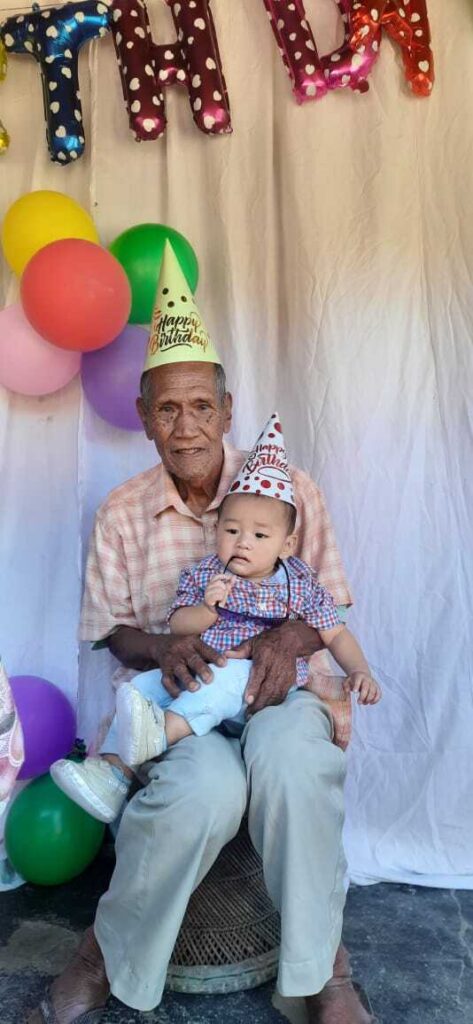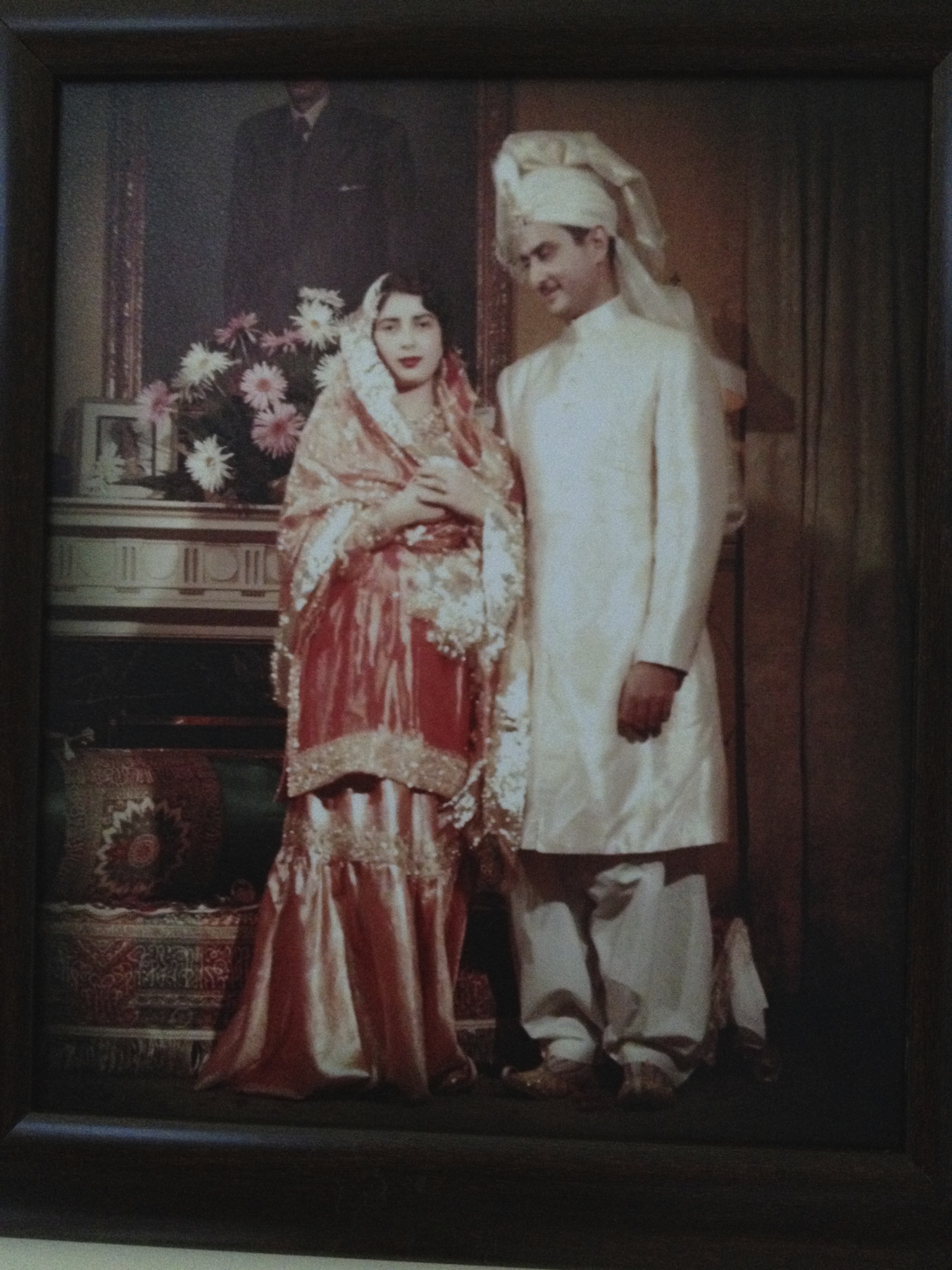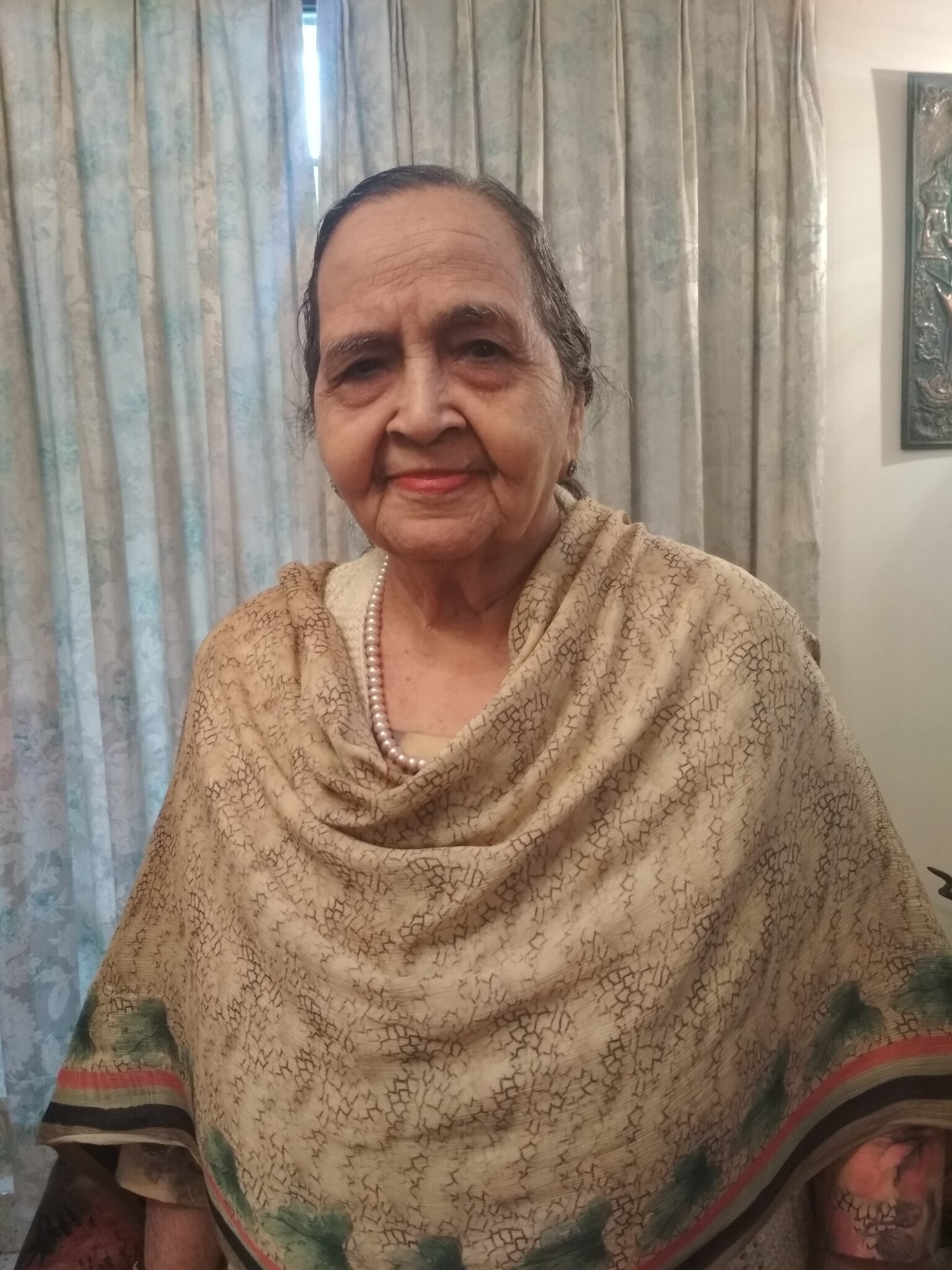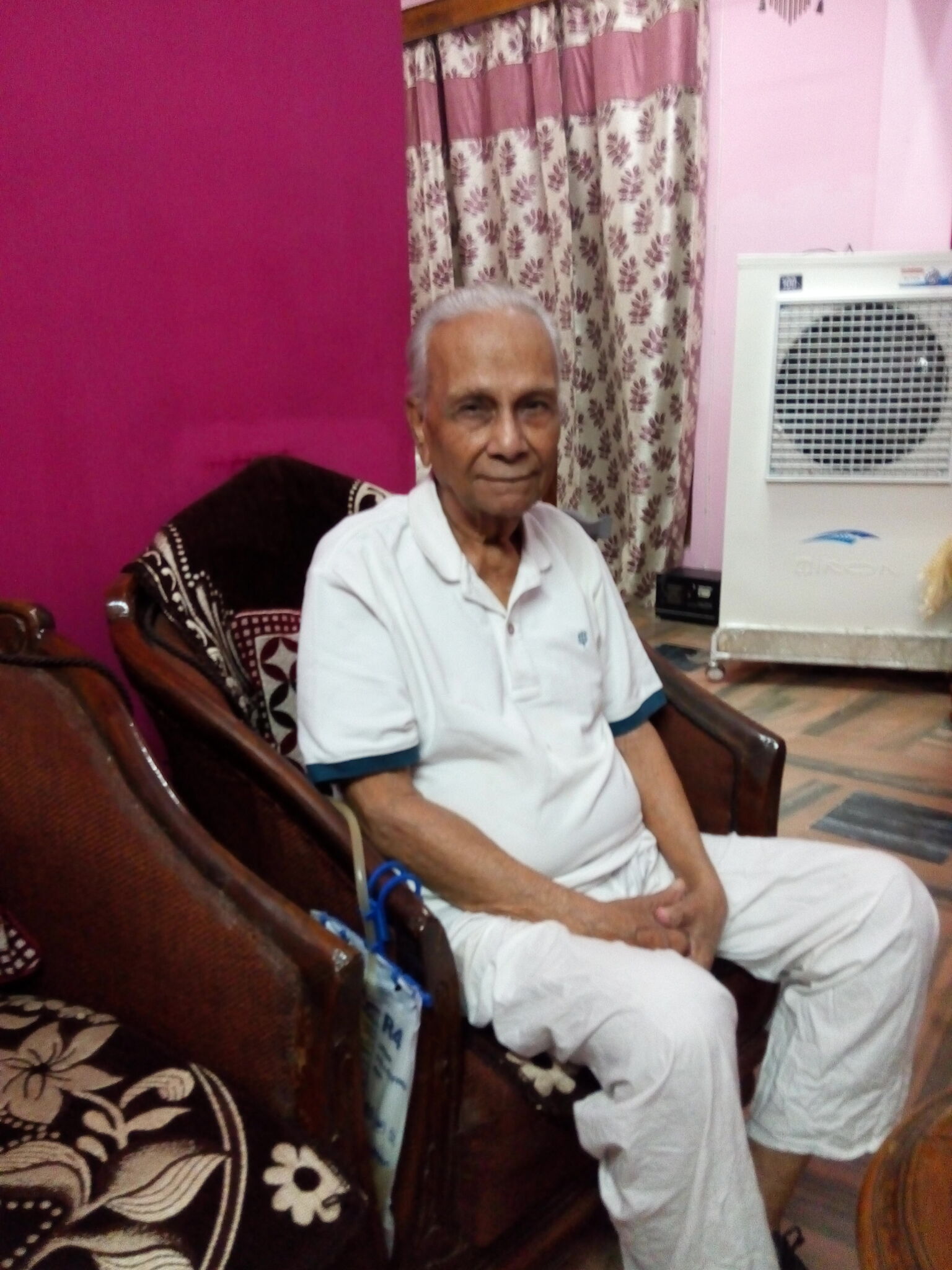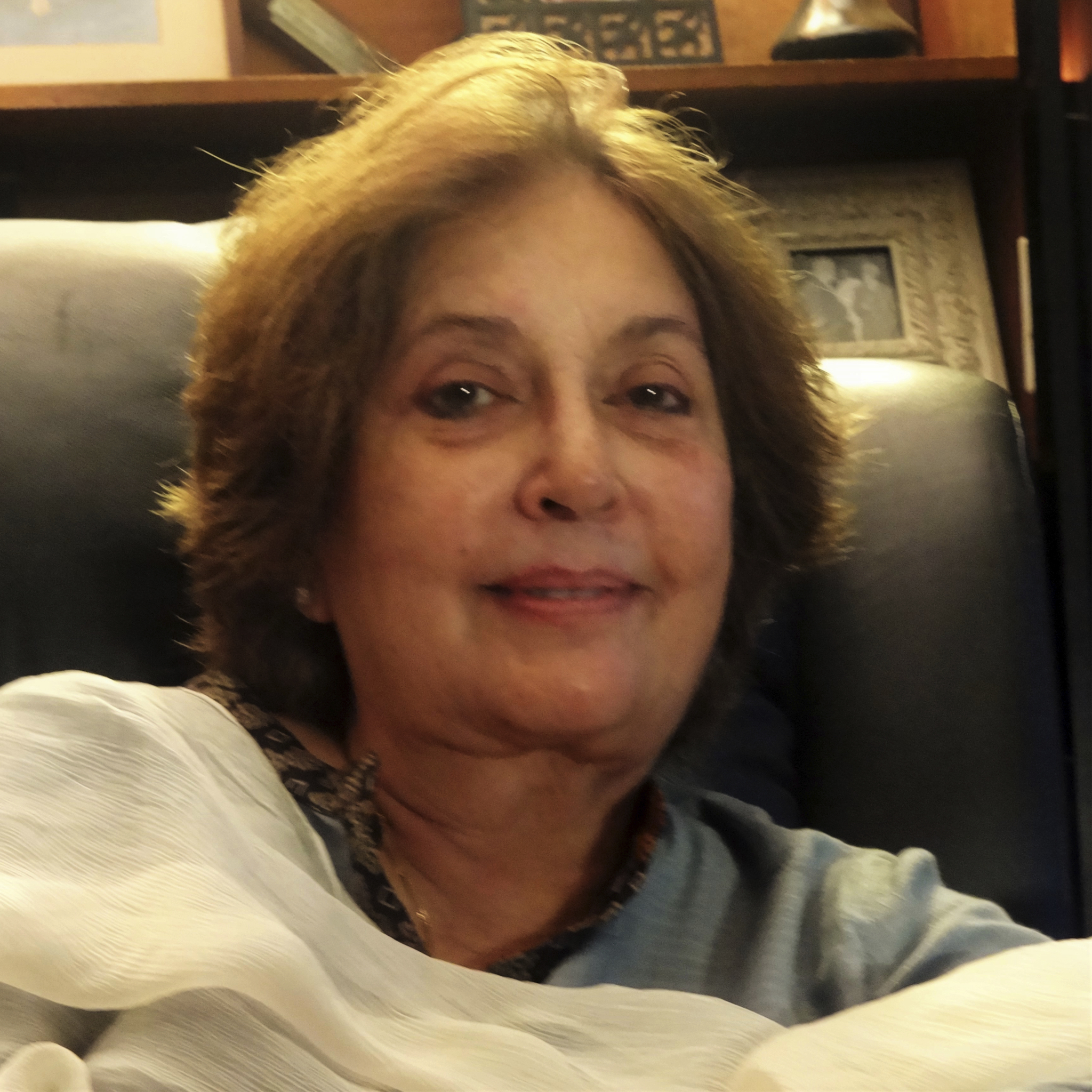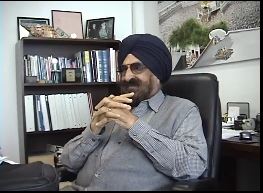Story:
I was born in 1927, in a village named Phaibung Khullen, to S Khazei and Thaisaorow. Phaibung Khullen is in the Senapati District of Manipur.
I belong to the Duonamai Clan, which traces its origins to Saranamai (Siimai) village, considered to be the original village from where the Poumai tribe dispersed. Once during inter-village wars, one of my ancestors killed an innocent man from his own village after mistaking him to be from a rival village. This happened when he was hiding in the bushes to ambush the enemy. Since murdering someone from one’s own village was considered to be a grave crime, the village authority ordered him to pay 30 cows as compensation to the victim’s family. Since he didn’t have the money to pay the victim’s family, he went to Kharasom (Zhobumai), a neighbouring Tangkhul village to refine salt and earn money. In those days, salt was a medium for transactions in our barter system.
I am the youngest of three brothers and two sisters – Ngaolu, Khouhro, Phranai, Minai and Yurou. Some of them were half siblings from my mother’s previous marriages. We were farmers in those days and didn’t attend any school. I first attended school in my teenage years after the Japanese retreated following the Battles of Kohima and Imphal. My family and I often joke about the humorous sight of a big teenage boy like me, studying in the second grade with much younger and physically smaller classmates.
Before the Japanese arrived in the hills of Manipur and Nagaland, British personnel took up residence at the local Father’s School. We traded local vegetables for different food items from them. Locally, we referred to the British as souhatramai, meaning, “the fair people without a shawl.” They entered our territories as well and simply guarded army posts and bases, bringing their own food items. Our local tribesmen had no idea why they were here and found their presence humorous. I must emphasise that the British never harassed us and that we felt they were taking care of our villages by ensuring protection.
Burmese people came to those British army camps with only their walking sticks, which they might have used as weapons. They wore a lungi (loin cloth) type of clothing, which was called sadumani.
During World War II, the British left for Dimapur after they heard rumours and intelligence about the arrival of Japanese forces in the hills. Hearing that the Japanese were coming to our territory, our village people feared that our granaries would be raided and began hiding rice grains in the jungle. The area is known as the *Voreivu Forest, which is located in present-day Phek, Nagaland near Vaisiichu, Manipur. Unfortunately, for us, the Japanese didn’t come to our village and instead set up camp near the areas in the jungle where our food grains were hidden. However, there was no theft of our grains, though, the British army dropped bombs on this region to attack the Japanese. Many of them were driven out towards Kharasom. Ultimately, the Japanese were forced to retreat after facing severe losses and food shortages.
During their retreat, the Japanese were still being attacked by the British army when they came to our village, Phaibung. Fortunately, for the villagers, British, Indian, and Japanese forces decided to have peace talks here, instead of engaging in mindless violence. The Japanese stayed at Dahrii’s house. The British and Indian forces stayed at Chozii’s house. The de facto leaders of both sides engaged in peace talks, which we call chiphra, at the highest point of the village on land belonging to the siblings, Dazii and Sani.
In case any fights broke out, soldiers on either side were positioned to attack swiftly. At the time, I wasn’t aware that the Japanese were retreating after being defeated at Kohima. When the Japanese were prepared to leave Phaibung, they asked us to show them the way to Chingjaroi. Phaibung men led them to the *Vourii River which acts as a natural boundary between Chingjaroi and Phaibung. On their way, hunger compelled the Japanese soldiers to butcher a buffalo without asking the locals for permission. As they proceeded to take the meat, the villagers stopped them and asked for the meat to be given back because stealing was against our customs. The Japanese Major leading the group was an understanding person who returned the meat, thus ensuring peace ensued.
Long after the Japanese had left, we found lots of guns belonging to dead soldiers. After Indian Independence however, the Indian Army came and took away all the World War II-era guns in our possession.
After the war, when I was finally doing my schooling at Chingjaroi, there were only 30 male students studying with me. That was the minimum threshold for teachers to be provided to us. The school was a thatched-roof house. Our teacher, Pfiikho, was from Mao and came to school wearing a vest and a thin wraparound. At one point I began hearing rumours that jobs won’t be given to people studying at Chingjaroi, which compelled me to transfer to a school at Liyai (Zamai). When I returned to study at Liyai, my parents arranged my engagement to a girl from my village, whom I then married.
Now, let me tell you a bit about our marital customs here. In our tradition, the Morouni (seed-sowing) festival in January (siipra throu) coincides with the time when marriages and engagements are conducted because we believe that new families should start with new plantation seasons. For four to five days before the groom’s family asks for the prospective bride’s hand in marriage, they cannot start a fire in the jungle. Once the union is agreed upon, the engagement ensues with the bride’s family cooking meat (pork, dog or buffalo) and rice brew for her to carry to the groom-to-be’s house. The groom’s clan members will then feast on the food provided by her family.
During the wedding ceremony (louhusayu), the bride’s family accompanied her to the groom’s house singing folk songs full of advice for her new phase in life. I recall the theme of one such song, which was about telling the bride to stay with her husband happily if she was treated well. In case her marital life was marked by disappointments, the song advised that leaving her husband would be a good decision.
Before marriage, I had become a Christian while studying at the Chingjaroi School. Chingjaroi is locally referred to as “Somai” by the Phaibung people. I converted because I did not like the lifestyle of my people back then. However, after marriage, I reverted to my old ways of my forefathers. I couldn’t give up drinking alcohol. Later, when I came down with a severe illness I made the decision to re-convert to Christianity, seeing it as a sign that God was unhappy with me. My brother, Ngaolu, convinced me to do so. Traditionally, to help the healing process, a sick person’s family took to sacrificing pigs or cattle.
However, after a few years, my wife warned that my health would deteriorate without drinking rice beer and so, I went back to my forefathers’ way of life once again. This is when the Catholics came to recruit me into their fold. They told me that I could still be a Christian and drink alcohol if I were a Catholic.
Ultimately though, I decided to become a Baptist Christian, also known as Roshimai. When many village men started converting to Christianity, the remaining village people were horrified and furious at the intrusion into their way of life. They decided to kick us Christians out of the village and banished us to a nearby mountain area called *Zaphao. We then settled at Zaphao, and a proper boundary demarcation was made between the Christian and “non-Christian” areas.
Our village was ruled by the chieftain (Movi) under whom there was a council of ministers called Zaochimai to help with local administration. Our village, Movi, was worried the demarcation would lead to disunity and the breakup of our village. Us Christians were called back at that point, and allowed to settle in a separate suitable area of the village called Chuchuhou or “Christian Compound”, which currently is located near the village grounds. I remember being told that if I didn’t convert to Christianity, I wouldn’t be as good as others–meaning, I wouldn’t be as modern as them. Christianity gave us access to development and taught us the proper ways of interacting with others.
In those days, in our villages, there wasn’t much gender disparity. However, girls were discouraged from getting an education because many were of the opinion that educated women would become prostitutes (thrathramai). However, when people from Mao came and saw the situation, they taught us that girls should receive an education too since men and women need to coordinate with each other, like the left and right hands.
Our family lived in a thatched roof house and slept near the fireplace for warmth. We didn’t sweep or mop the house because it was believed that doing so makes the house colder. In our village mothers were the main cooks for the family. However, when the children were young, fathers also helped out with cooking. We fetched water for the house from the pond (dziikhao) and observed the sky and sun every morning to plan the day’s routine. We knew it was dawn (teithide) when the rooster crowed. On cloudy days, our daily routines were thrown off.
Today, I live happily with my sons and grandchildren.
*This place-name has not been geolocated and may not be officially recognized in modern cartography. It is an area known locally to people in Phaibung Khullen. In general, the names of a given river or forest area may differ from village to village in Manipur, and may not be officially recognized outside the local community.

